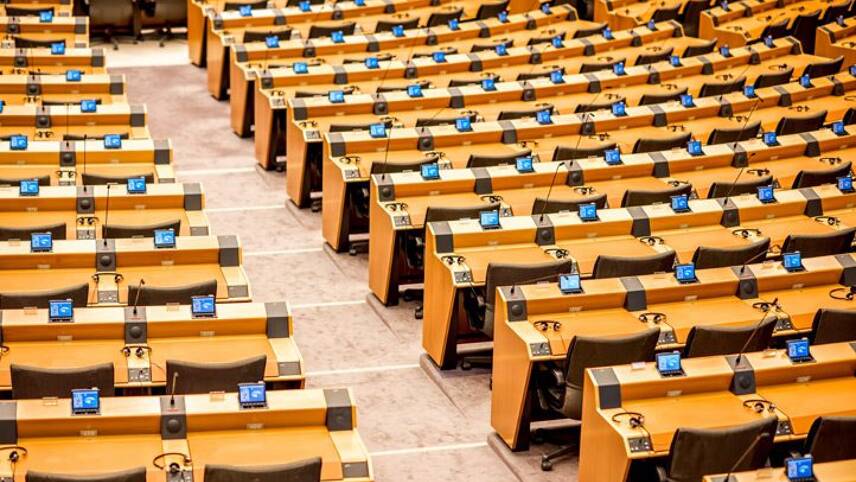Register for free and continue reading
Join our growing army of changemakers and get unlimited access to our premium content

MEPs welcomed the Commission’s effort but warn that of the several scenarios on offer only the two net-zero emissions options are “compatible with the Union’s [Paris Agreement] commitment”
When the European Commission unveiled its climate strategy for 2050 in November, it was generally accepted that the Parliament’s environment committee (ENVI) would pen a resolution effectively setting out the EU assembly’s position.
Although non-binding, Parliament resolutions still carry a fair amount of clout, particularly near the beginning and end of EU legislative cycles.
But the process has become convoluted by the energy committee (ITRE), chaired by Polish MEP Jerzy Buzek (EPP), which disputed the state-of-play with support from the transport committee.
It has now started work on its own resolution, rather than submit amendments to the ENVI effort.
EURACTIV has learned that the substance of both draft resolutions does not differ significantly but that both might be submitted for a full vote in plenary, although the agenda for the remaining five Strasbourg sessions is already jam-packed.
May’s EU elections mean that there was no time for a full report but the pressing nature of the EU’s 2030 climate targets and Paris Agreement obligations forced the Parliament’s hand into publishing some form of position.
Future mapping
In a first draft of the ENVI resolution, seen by EURACTIV, MEPs welcomed the Commission’s effort but warn that of the several scenarios on offer only the two net-zero emissions options are “compatible with the Union’s [Paris Agreement] commitment”.
The text also calls on EU leaders to adopt a net-zero objective for 2050 at the upcoming Future of Europe summit in Romania, on 9 May, and to discuss an increase of the bloc’s current 2030 emissions reduction target.
MEPs decided in October to support bumping up that goal from 40% to 55% but there is no mention of an exact figure in the current draft, although EURACTIV understands that amendments to that effect will be submitted before the end of the month.
The environment committee also warned that the EU’s plans should not “overly rely” on carbon removal technology and that immediate action is the preferred option.
Increasing the 2030 benchmark is a delicate issue, as the centre-right European People’s Party sees it as a red line for the time being at least, so other political groups are wary about trying to repeat the success of the October resolution.
EU climate Commissioner Miguel Arias Cañete last year quickly abandoned hopes of getting a formal increase before the UN climate summit in December and has instead talked up the “de facto” increase provided by freshly-brokered energy laws.
During a public debate on Tuesday afternoon (29 January), Cañete said he is “looking forward” to the Parliament adopting a resolution.
ITRE’s draft resolution is yet to be signed off by the MEPs in charge of it and the current version is reportedly lighter in content, especially regarding the 2030 target, and focuses more on the cost and technological aspect of climate change.
It will be up to the Parliament’s governing body, the conference of presidents, to decide whether to put both resolutions to the vote or attempt to merge them into one position.
European Council experts in various sectors are currently delving into the detail of the Commission’s ‘Clean Planet for All’ strategy and environmental groups are counting on pressure from the Parliament to nudge their conclusions in the right direction.
If climate talks at the Sibiu summit in May are hamstrung due to lack of progress at the technical level or relegated by other matters like Brexit or migration, then the EU could struggle to submit its long-term plan by 2020, a caveat of the Paris Agreement.
EU sources are optimistic that enough work will be achieved through the year so that officials can go to a UN summit in September and announce which direction the bloc is heading in.
Sam Morgan
This article first appeared on EurActiv.com, an edie content partner


Please login or Register to leave a comment.